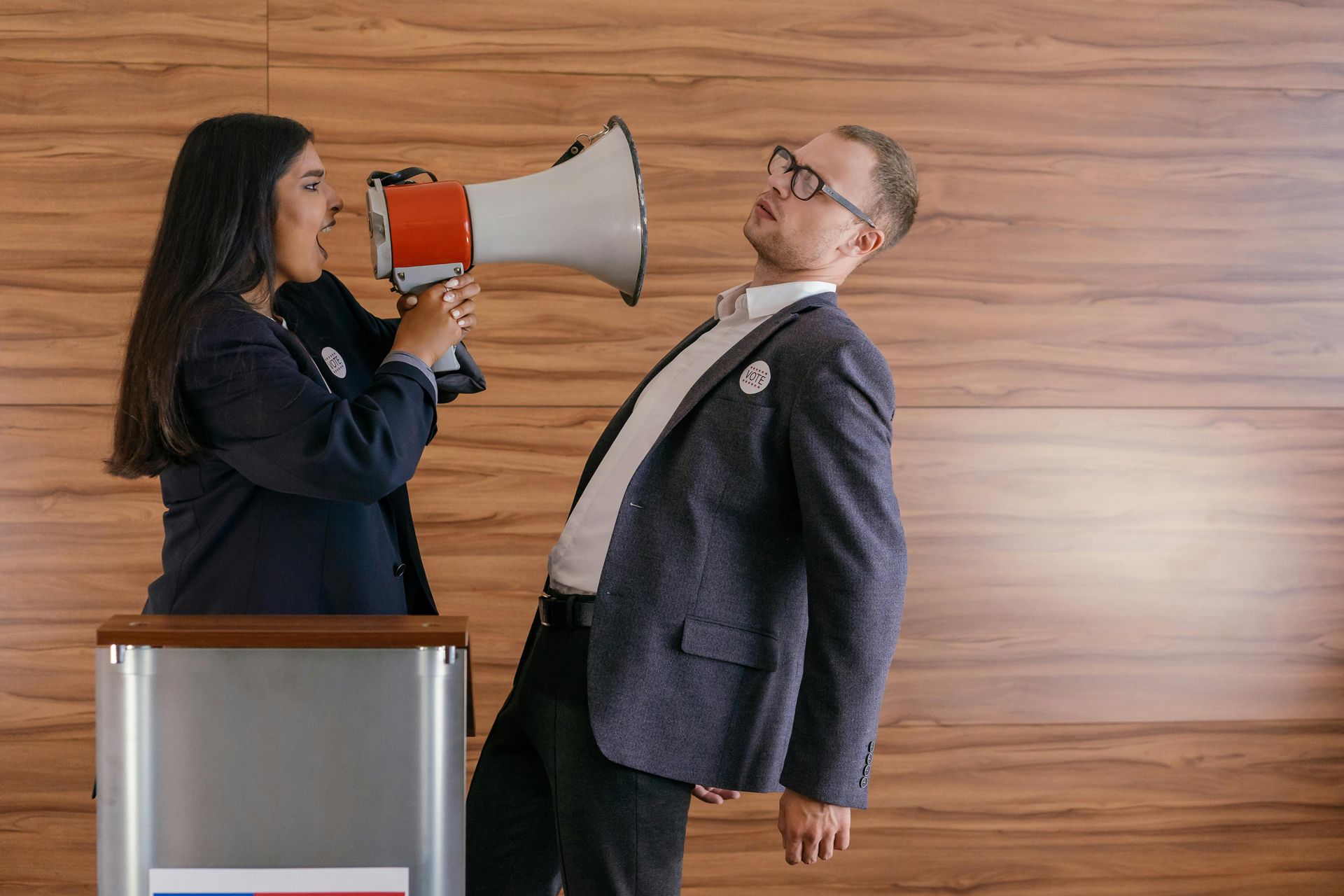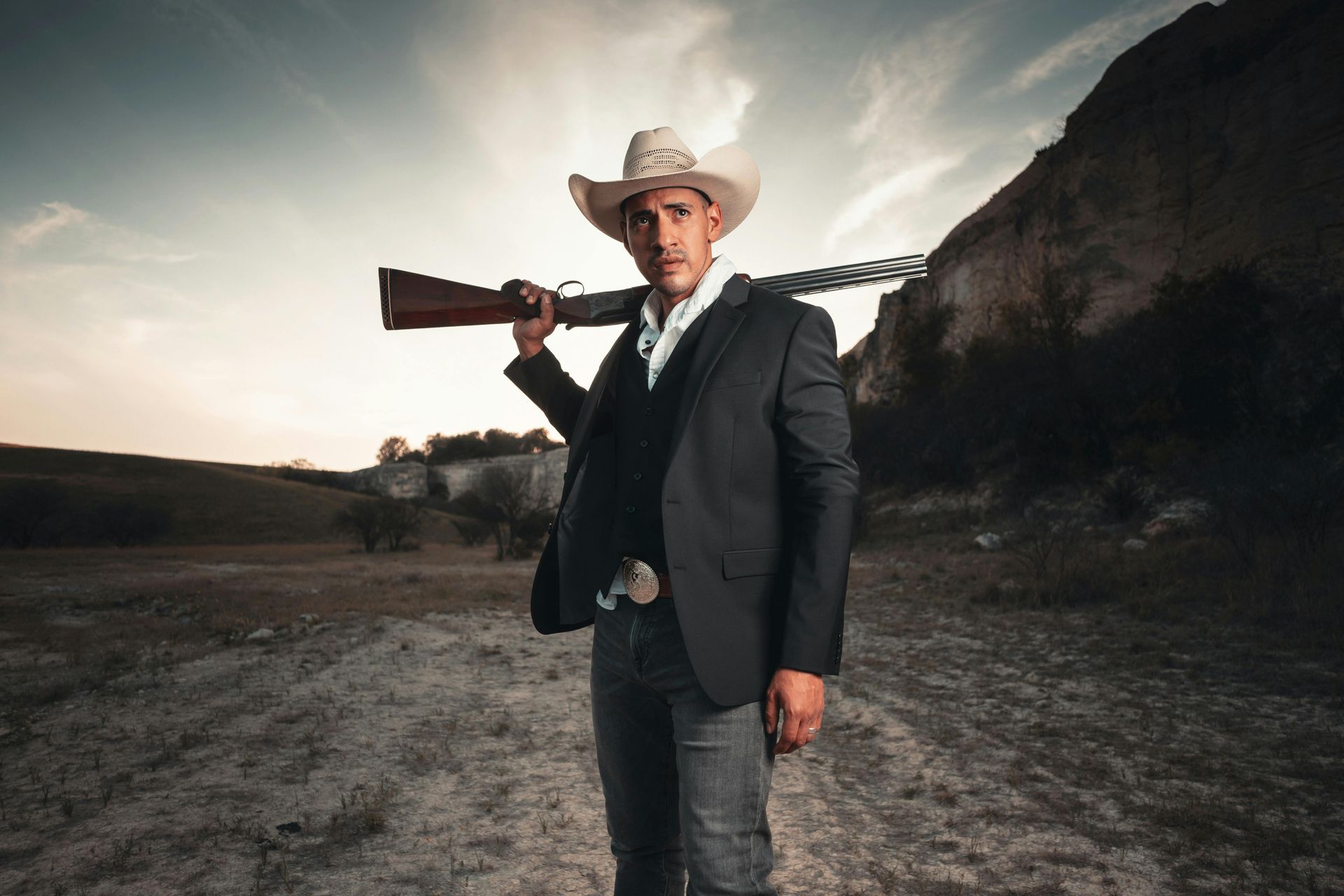DIGITAL MARKETING LEGAL SOLUTIONS
Wilson Legal Group is a Dallas law firm specializing in Internet law, online advertising, marketing, IP, and digital media law.
DIGITAL MARKETING & SOCIAL MEDIA
What Is Digital Marketing?
Digital marketing encompasses all marketing efforts that use a website, the internet, and an electronic device. That digital marketing leverages the use of search engines, social media, tagging, texting, blogging, and email to drive consumer sentiment and connect with consumers. While traditional marketing consists of physical print ads and phone communication, digital marketing can occur anywhere an electronic device is capable of reeving a digital feed from the word wide web. Companies drive consumer sentiment and brand recognition in a plethora of ways, including social media, video, or website-based marketing.
Common Legal Issues With Digital Marketing
- Ownership and registration of intellectual property regarding software and content;
- Content development agreements;
- Protection and monetization of IP rights;
- Defense of third-party infringement claims;
- Entity formation, capital, and financing strategies; and
- Enforcing copyrights.
Common Legal Solutions For Digital Marketing
- Trademark counseling and litigation;
- Licensing and technology transactions;
- Patent counseling and litigation;
- Trade name and trade dress protection; and
- Copyright protection.
What Are The Benefits of Digital Marketing?
A strong digital presence is important in reaching your consuming audience, and will help you in many ways. But know that like regular "marketing," "digital marketing" is also ever-changing, and your digital marketing strategies must be constantly updated to remain competitive. Digital marketing is "marketing," but it just occurs at an accelerated rate. A strong digital presence will help you reach the consuming public and will benefit you in several ways:
- Creates awareness and engagement with your consumer before and after a sale;
- Develops word-of-mouth and social sharing to spread consumer awareness;
- Convert new buyers into loyal customers, and loyal customers into followers; and
- Targets the right product and the right time to the right consumer.
Our professional team of Dallas digital marketing lawyers specializes in areas such as marketing, payment recovery, and privacy as well as spotting business-related legal issues for the client's benefit. Our lawyers help draft enforceable agreements for use with websites, software applications, and other technology and inventions. We represent clients throughout the United States, state, and local courts, including the U.S. District Court's for the Eastern District of Texas, the Northern District of Texas, and the Western District of Texas Texas.
Additional Marketing Focus
How Does Digital Marketing Work?
Digital marketing takes strategic planning, content development, and directed marketing to reach a digital consumer audience. Knowing where your potential customers go to get information, and utilizing those digital methods of connecting with them, can boost your business to the next level:
- Facebook, YouTube, TikTok, and other social media sites that share content allow for the engagement of friends and family;
- Industry news and content to keep followers in touch with your solutions;
- Search engine optimization (SEO) to maximize content marketing and internet saturation;
- Paid advertising to create website traffic and drive visitors to your offers and content; and
- A marketing campaign, and e-mail mailing lists, to announce new offers, content, and helpful solutions.
Our Dallas lawyers are experienced in advising clients involving product digital marketing development and protection.
CLIENT MATTERS
5,000+
YEARS OF SERVICE
25+
Award Winning
Recognized in the legal industry as dedicated board-certified lawyers and Rising Stars.
Expert Team
Your project will be handled by legal experts every time. You will have the most experienced attorneys working for you.











